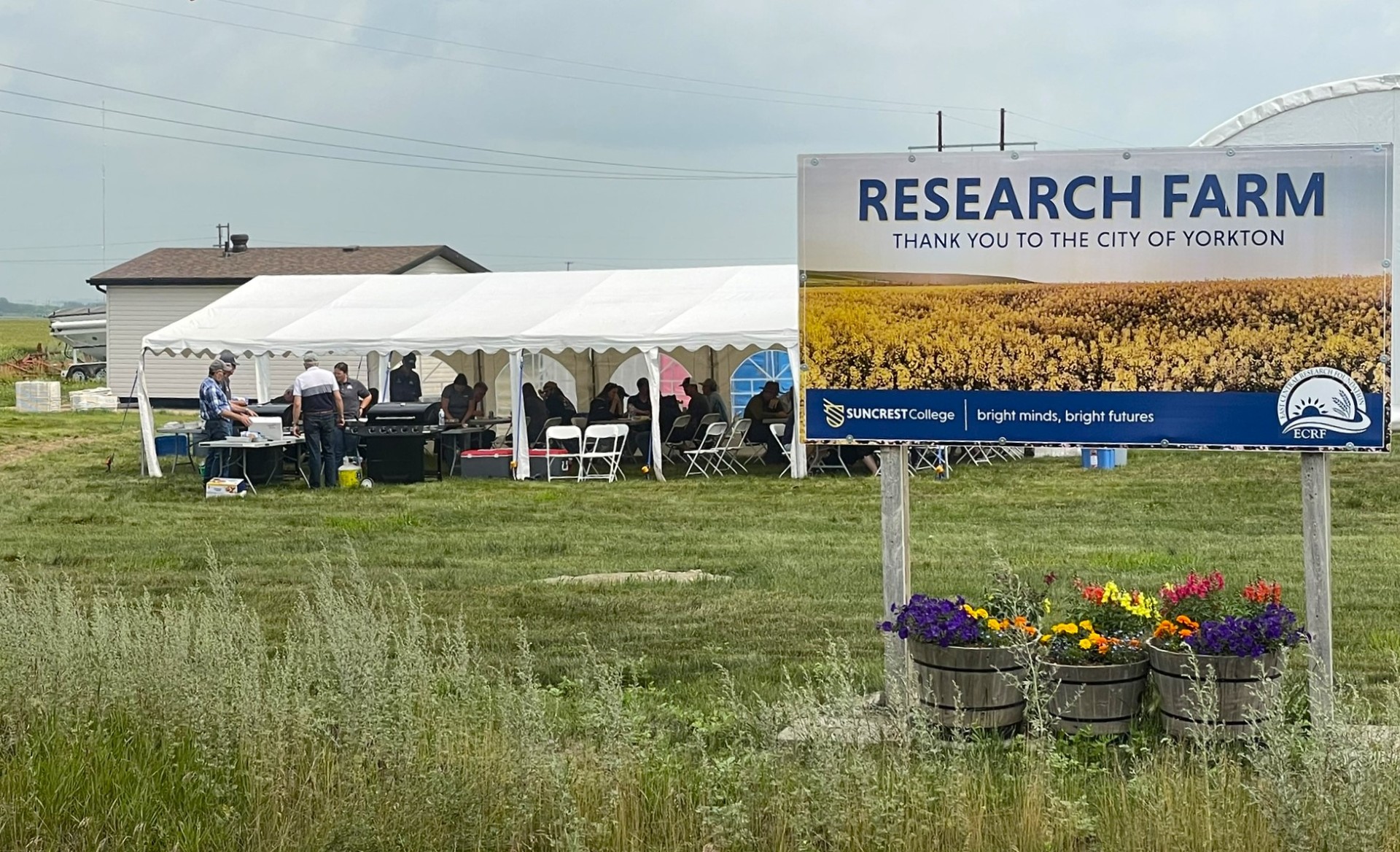The James Smith Cree Nation says the Saskatchewan Coroners Service inquest into the death of Myles Sanderson served its purpose as a fact-finding mission.
However, they are disappointed the recommendations that were made are non-binding.
A six-person jury made four recommendations after hearing testimony from witnesses for four days in Saskatoon last week, where they found that Sanderson died from acute cocaine toxicity and the death was accidental.
One of the recommendations was directed at the Saskatoon Police Service to establish a team to capture and arrest those with outstanding warrants.
Three recommendations were made to the RCMP to enhance driver training for officers, to review their policies for high-speed pursuits and a recommendation for additional training for officers on extraction techniques for arrest takedowns.
“We saw that the RCMP did everything within their power to take Myles Sanderson into custody alive. Once arrested, the RCMP and medical responders used all the tools at their disposal to try to save his life. We commend them for their compassion and bravery,” said Chief Wally Burns.
Despite the recommendations, the James Smith Cree Nation said they lobby for reforms inside prisons and the parole system.
“The system failed to help Myles Sanderson. We see his mental health, addictions, and the root causes of his anger were not corrected inside the system. I fear this could happen again without mandatory participation in culturally appropriate programming to rehabilitate criminals,” said Burns. “We are calling on the federal government to sit at the table with us to address the systemic issues that contributed to the deaths in James Smith Cree Nation.”
Court records show Myles Sanderson was charged with 125 crimes as an adult, and he had a record as a young offender. There were 47 cases filed against him in Saskatchewan Provincial Court. Those include two attempted murders, 18 assaults and three break-and-enters. Four of the assaults were stabbings using weapons such as knives, a fork, and broken beer bottles.
“We want Correctional Services Canada held accountable. Indigenous people represent over 80 percent of people in Canada’s prisons. From our own accounts, we know intergenerational trauma, poverty, and addictions contribute to people turning to crime. As we work to change external pressures, Canada needs to take the reform of prisoners seriously and rid the jails of drugs and gangs. The system is failing our people by not caring to focus on rehabilitation,” said Peter Chapman Band Chief Robert Head (in the tri-nation of James Smith).
James Smith Cree Nation also calls for the Parole Board of Canada to directly notify and incorporate input from First Nations governments across Canada about offenders before their release.
The Assembly of First Nations National Chief Woodhouse Nepinak and the AFN’s Justice and Policing Task Force Committee are asking the federal government to declare policing an essential service for all First Nations and to allocate federal funding annually for First Nation police forces.
“The Saskatchewan Coroner’s Inquest has exposed that First Nations need equitable funding for policing services in Canada. First Nations Policing Programs are grossly underfunded, which impedes our rights to exercise self-determination by providing police services for our Nations. As such, First Nations police services must be recognized as essential and fully funded in the upcoming federal budget,” said Assembly of First Nations National Chief Cindy Woodhouse Nepinak.
JSCN is asking the federal government for support to implement recommendations from the inquests on the First Nation.









